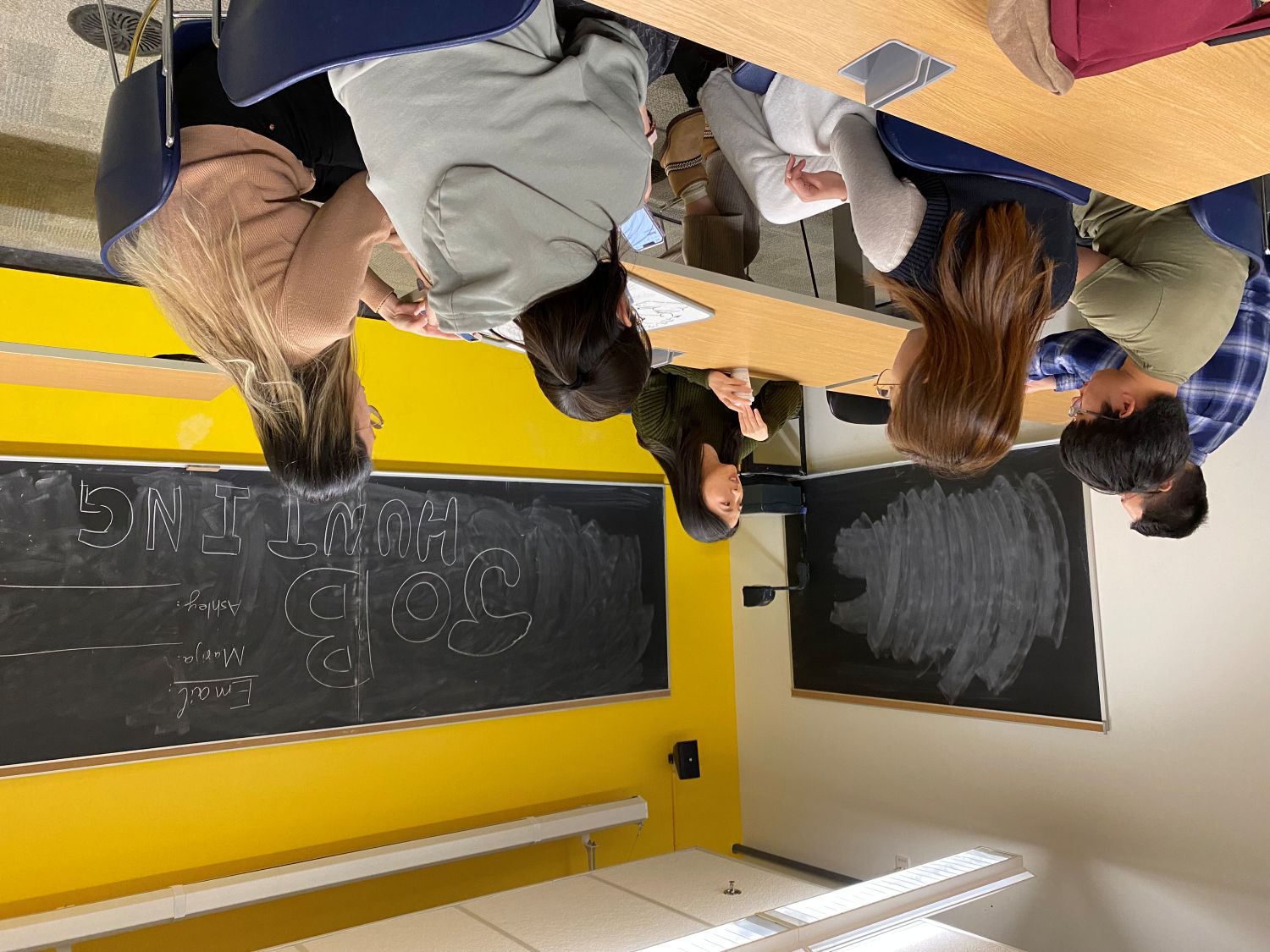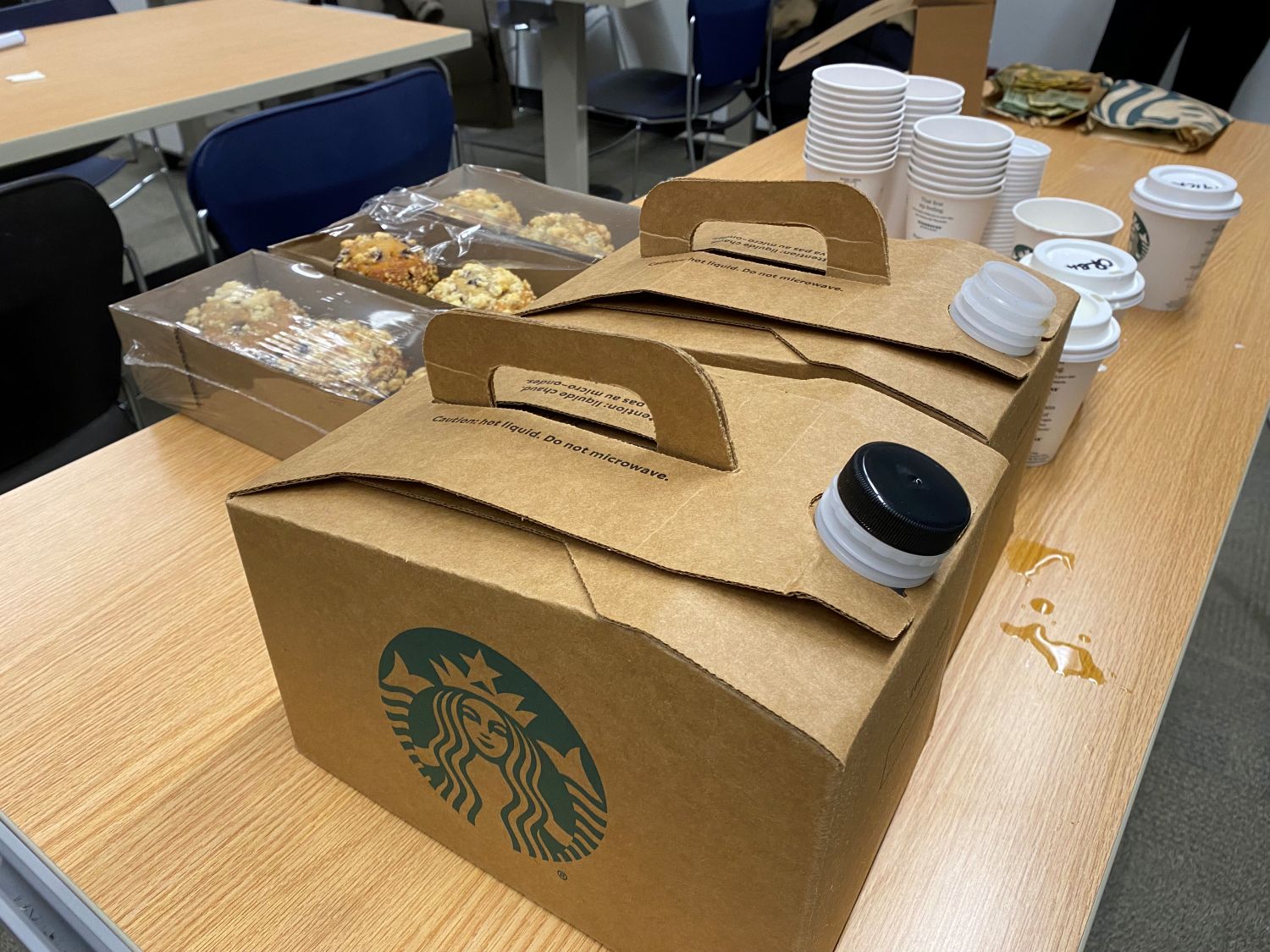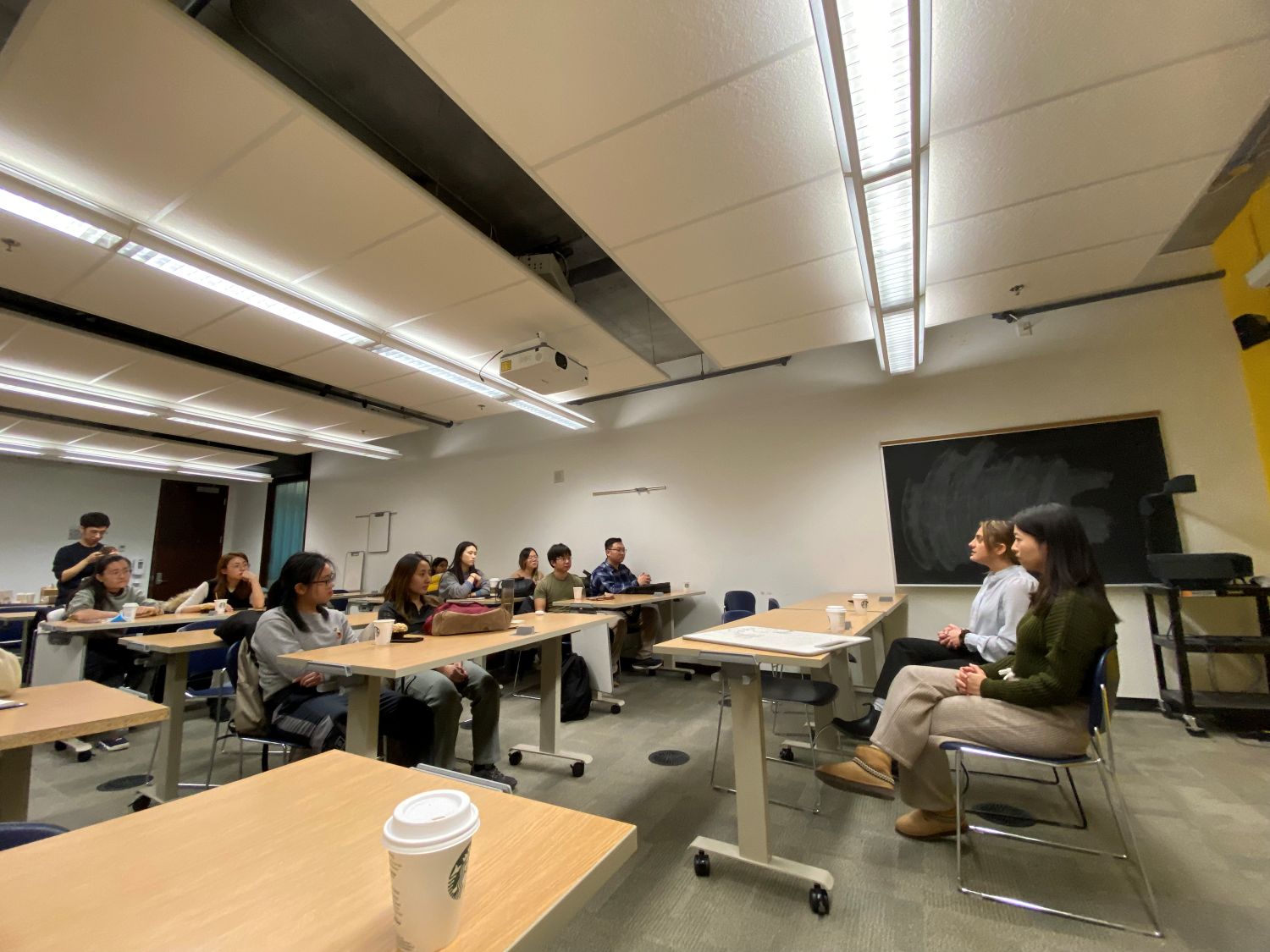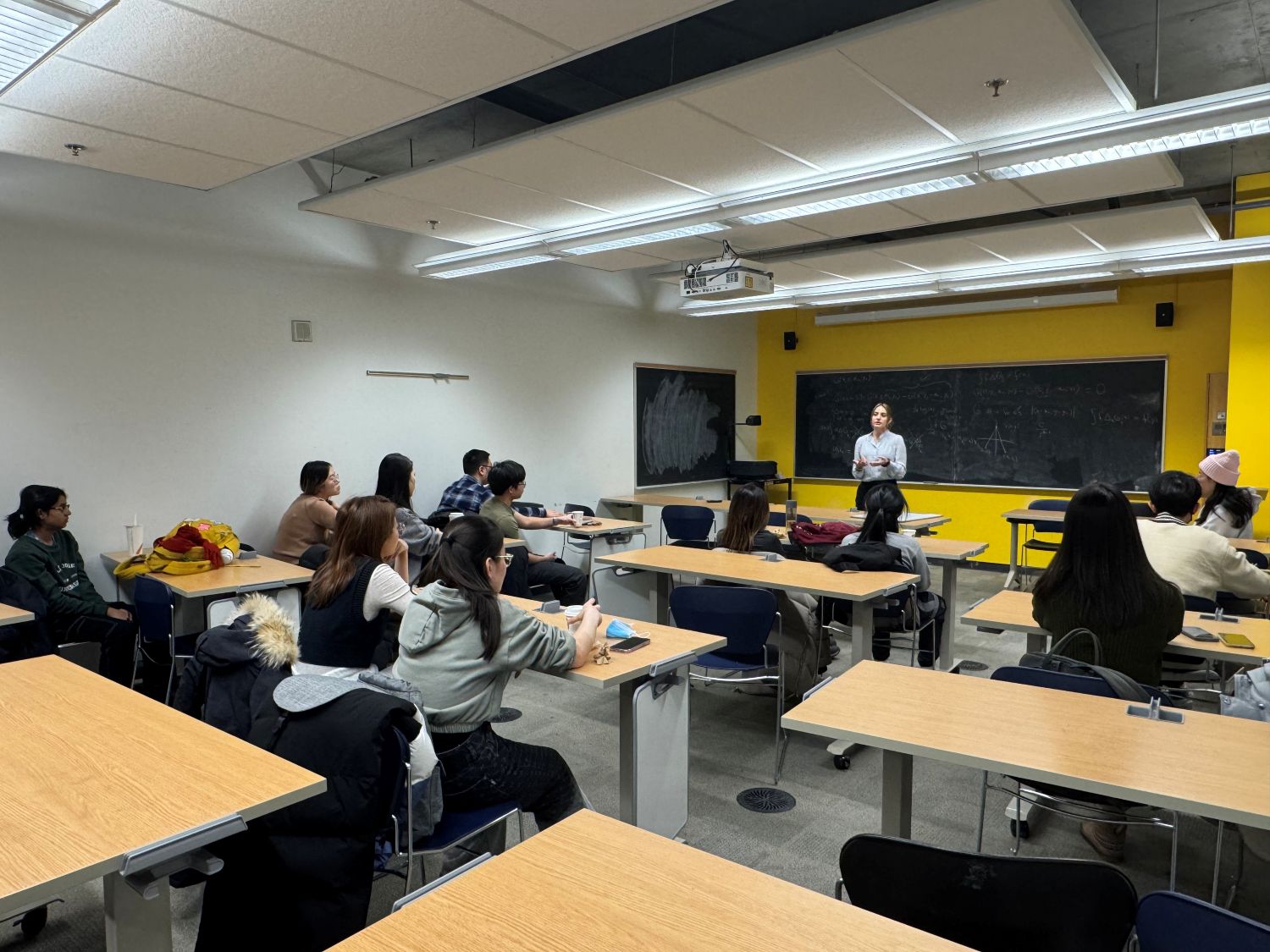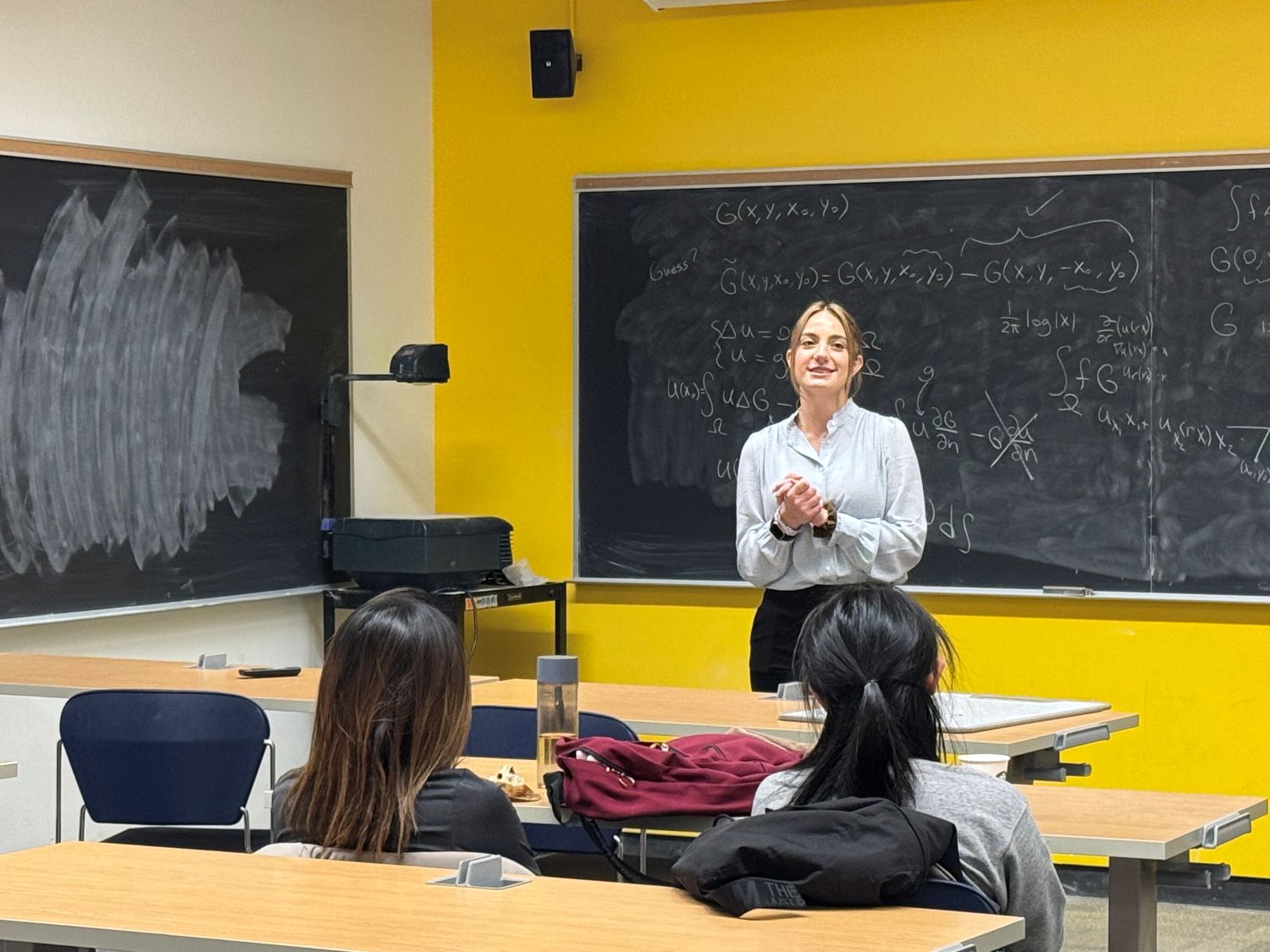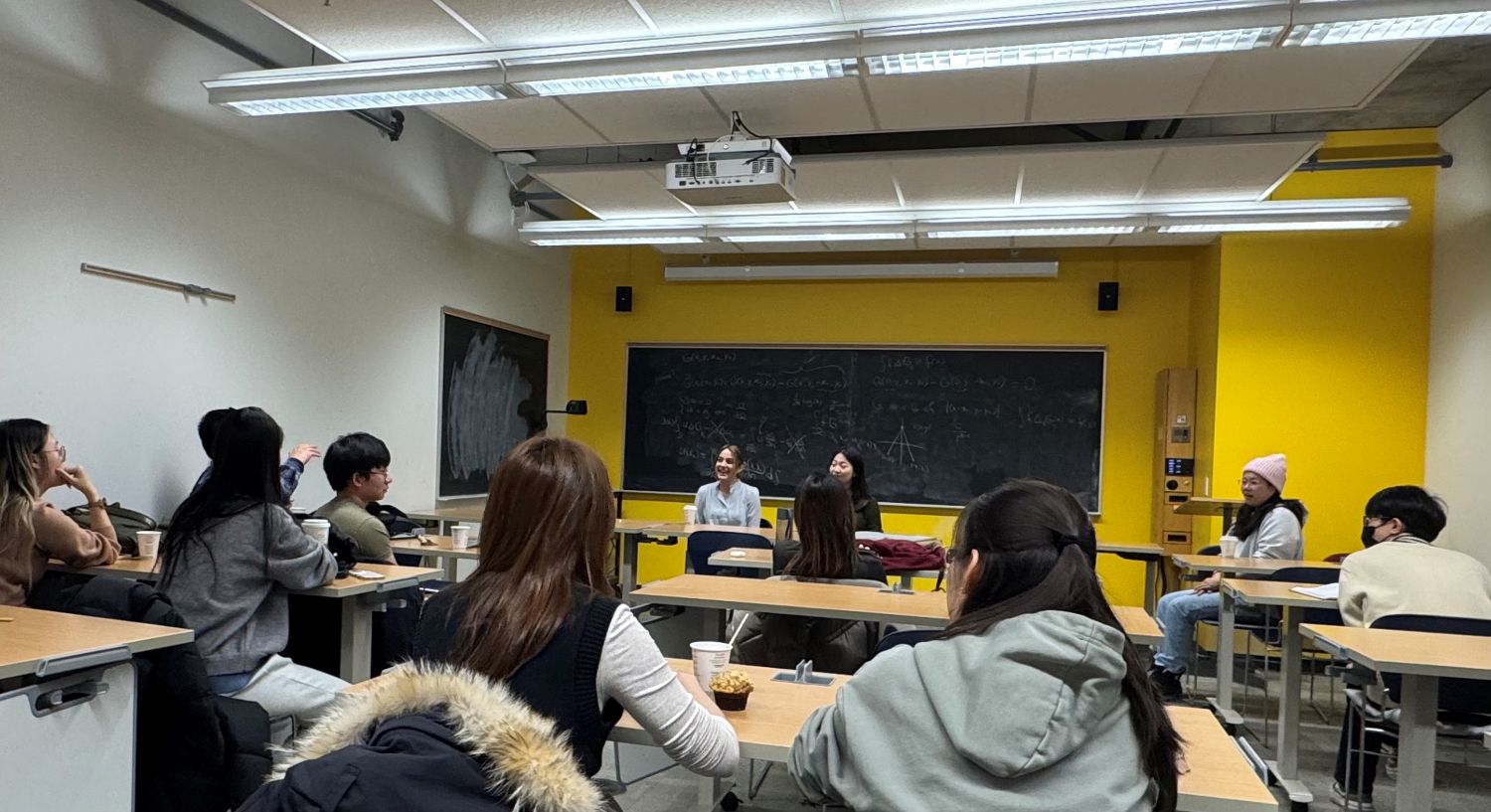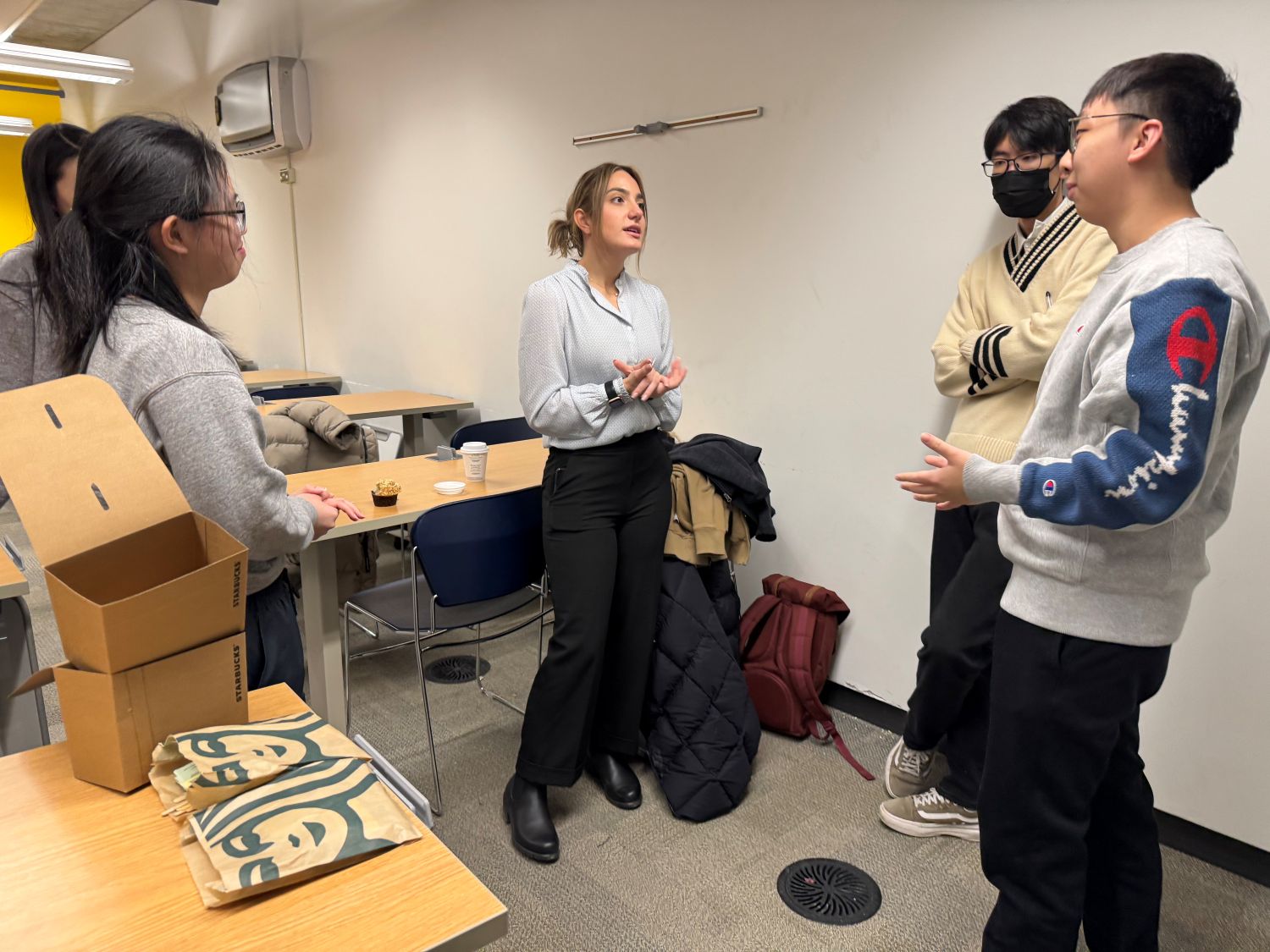Job Hunting Q&A Session
Read Post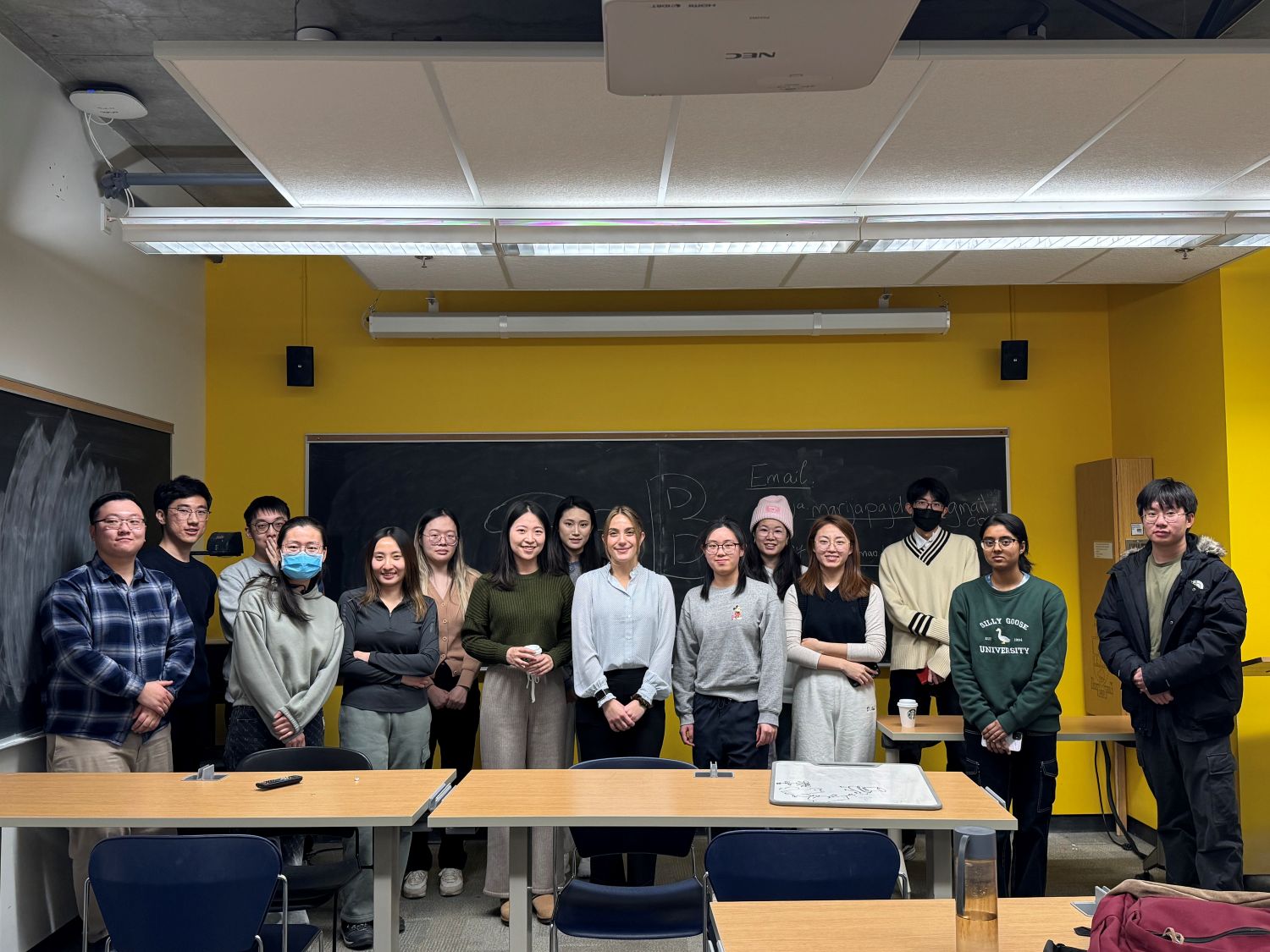
On January 21, 2025, BUGS hosted a highly engaging Job Hunting Q&A Session, featuring two inspiring speakers: Marija, a 2024 graduate, and Ashley, a 2020 graduate of the MSc Biostatistics program at the University of Toronto.
Both guests shared valuable insights about their job-hunting journeys, including how they secured their roles, detailed tips for navigating the process, and advice on what’s most important when transitioning from academia to the workforce. They also discussed their current roles—Marija at SickKids Hospital and Ashley at Roche—providing a glimpse into the practical applications of biostatistics in healthcare and clinical trials.
The event began with introductions of our speakers, followed by Marija and Ashley sharing short overviews of their experiences. We then moved into a Q&A session in a lecture-style format, where students had the opportunity to ask questions directly. After 30 minutes, we transitioned to a more interactive format, splitting the room into two groups so attendees could ask personalized questions to the speaker of their choice.
The session lasted two hours, and even after it officially ended, attendees were eager to stay and continue asking questions. Our wonderful guests generously provided their contact information, allowing for further discussions beyond the event.
This event was a resounding success, providing attendees with practical advice, inspiration, and valuable connections to help guide their own career paths.
Our Speakers
Marija
Marija earned her Master’s in Biostatistics from the Dalla Lana School of Public Health in 2024. She completed her practicum at Public Health Ontario, where she worked on predictive modeling of respiratory diseases. Marija now works at SickKids Hospital, focusing on identifying risk factors for asthma and pulmonary function.
Ashley
Ashley works as a biostatistician at a pharmaceutical company, Roche. She graduated from the Biostatistics program at the University of Toronto in 2020. During her studies, she gained valuable hands-on clinical trial experience through a practicum at Roche. Following graduation, Ashley completed an 8-month internship at Roche before transitioning to a full-time role in early 2021. Currently, Ashley specializes in clinical trials within the therapeutic area of immunology, contributing to advancing innovative treatments with robust statistical design and quantitative support. Outside of work, Ashley enjoys playing board games, exploring new restaurants, and traveling.
Here, we would like to express our gratitude to Zhengyang Fei (John) for providing all the detailed notes he took during the session.
Q&A with Our Speakers
Q: What was something outside of your practicum that helped you find a job?
Marija (M):
- Sending out 5–10 resumes daily.
- Communicating with peers in master’s and undergraduate programs.
- Attending career fairs and applying through LinkedIn, Indeed, and UofT’s job bank.
- Following up on job leads and emails from DLSPH.
- Grabbing any opportunity, even if it’s not your ideal role.
Ashley (A):
- Attending career fairs at UofT helped me network and meet people.
- Don’t fear applying or being rejected. Job descriptions requiring “2 years of experience” shouldn’t discourage you.
Q: What are some hard and soft skills needed to be a good biostatistician?
M:
- Teamwork in interdisciplinary settings.
- Interpreting data in a scientific context and understanding its implications for policies and outcomes.
- Proficiency in R and SAS for data analysis.
Q: How often do you explain statistical concepts to non-statisticians (e.g., clinicians)?
M: Every day.
Q: What types of jobs are common in biostatistics?
A:
- Permanent headcount positions.
- Contract-based roles that may convert to permanent depending on performance.
M:
- Often a one-year contract with the possibility of extension.
- Note: Stressful work environments often reflect the nature of the job, not your skills.
Q: Which classes or certifications have been particularly useful?
Classes:
- Correlated Data, Survival Analysis (Oncology), Categorical Data, and Longitudinal Data Analysis.
Certifications:
- M: Transition from SAS to R at SickKids. Focus on R, Python, and SQL.
- A: Roche is also shifting from SAS to R.
Q: Is taking clinical trial courses necessary to work at Roche?
A: No.
M: Courses aren’t mandatory; independent learning is essential.
Q: When should I apply for jobs?
M: Applying late August or September worked for me, with a job offer by mid-November.
A: Starting applications early winter works, with interviews around June.
Q: What does the interview process look like?
M:
- Screening interview: Basic questions about availability, commute, etc.
- In-depth interview.
- Technical/coding interview (R skills: data importing, cleaning, visualization, chi-squared tests, linear models).
A: Process varies by company.
Q: How do you manage studying and job hunting?
A: Treat it like a practicum project—focus on the bigger picture and what you learned.
M: Be relaxed and confident in interviews; avoid memorizing scripts.
Q: If you were in our position, how would you start applying?
M: Everyone’s approach differs, but it’s never too early to explore positions of interest.
Q: Where do most of your old classmates work now?
A: CROs, banking, pharmaceuticals, or continuing education.
Q: Do grades matter for getting a job?
A: No.
Q: Should I include a cover letter?
M: Yes, it’s necessary.
A: Keep it generic; the resume holds more weight.
Q: What about recommendation letters?
M: Use references from UofT or DLSPH.
Q: Any tips on salary expectations?
- Use Glassdoor to research.
- Aim for the higher end of the range during negotiations.
Q: What is the Roche interview process like?
- For statisticians: Present on a topic you’ve worked on, explaining statistical concepts in layman’s terms.
- For programmers: Demonstrate efficient use of functions or packages to solve problems.
Q: Is networking important?
- Coffee chats are crucial—connect with individuals on LinkedIn who share similar backgrounds or work at companies of interest.
- Use these chats to gain insights into a company’s work culture and opportunities.
